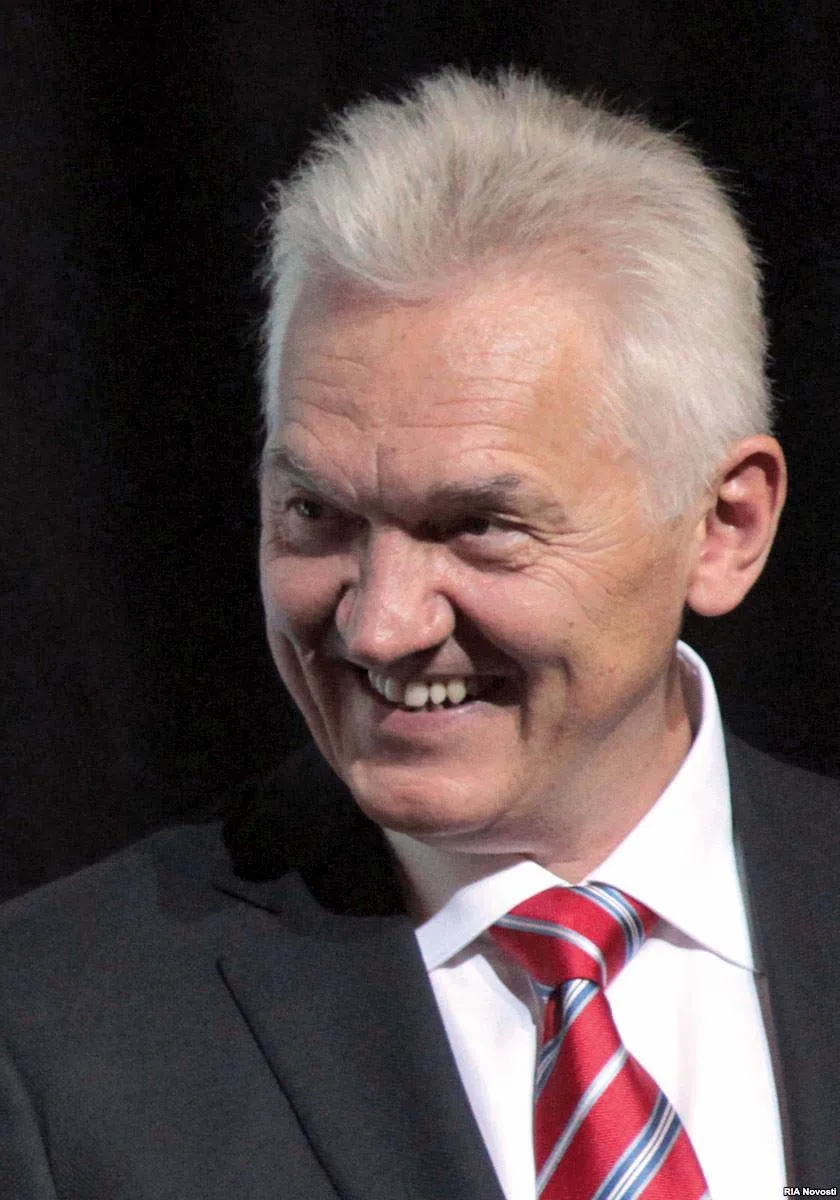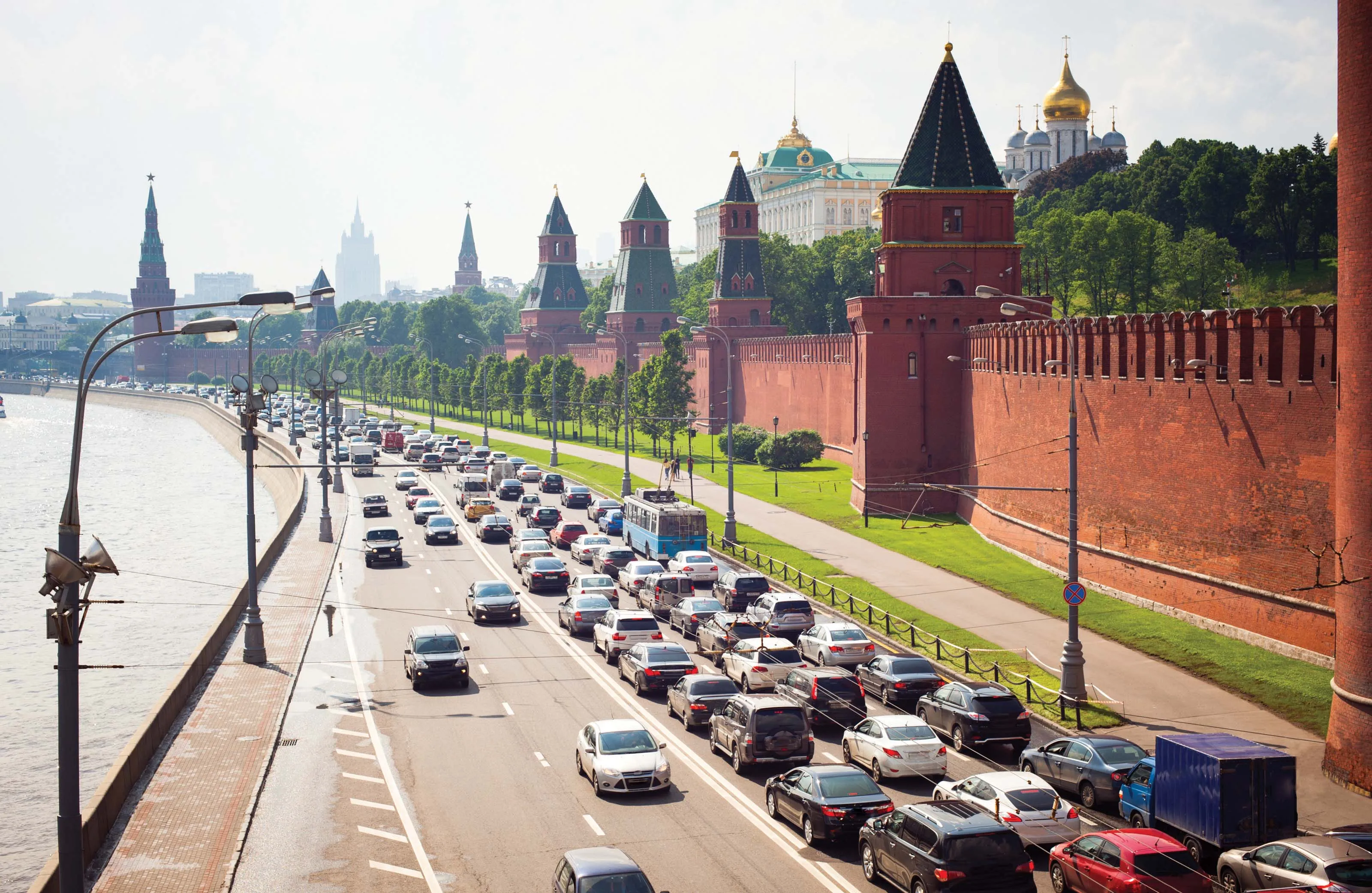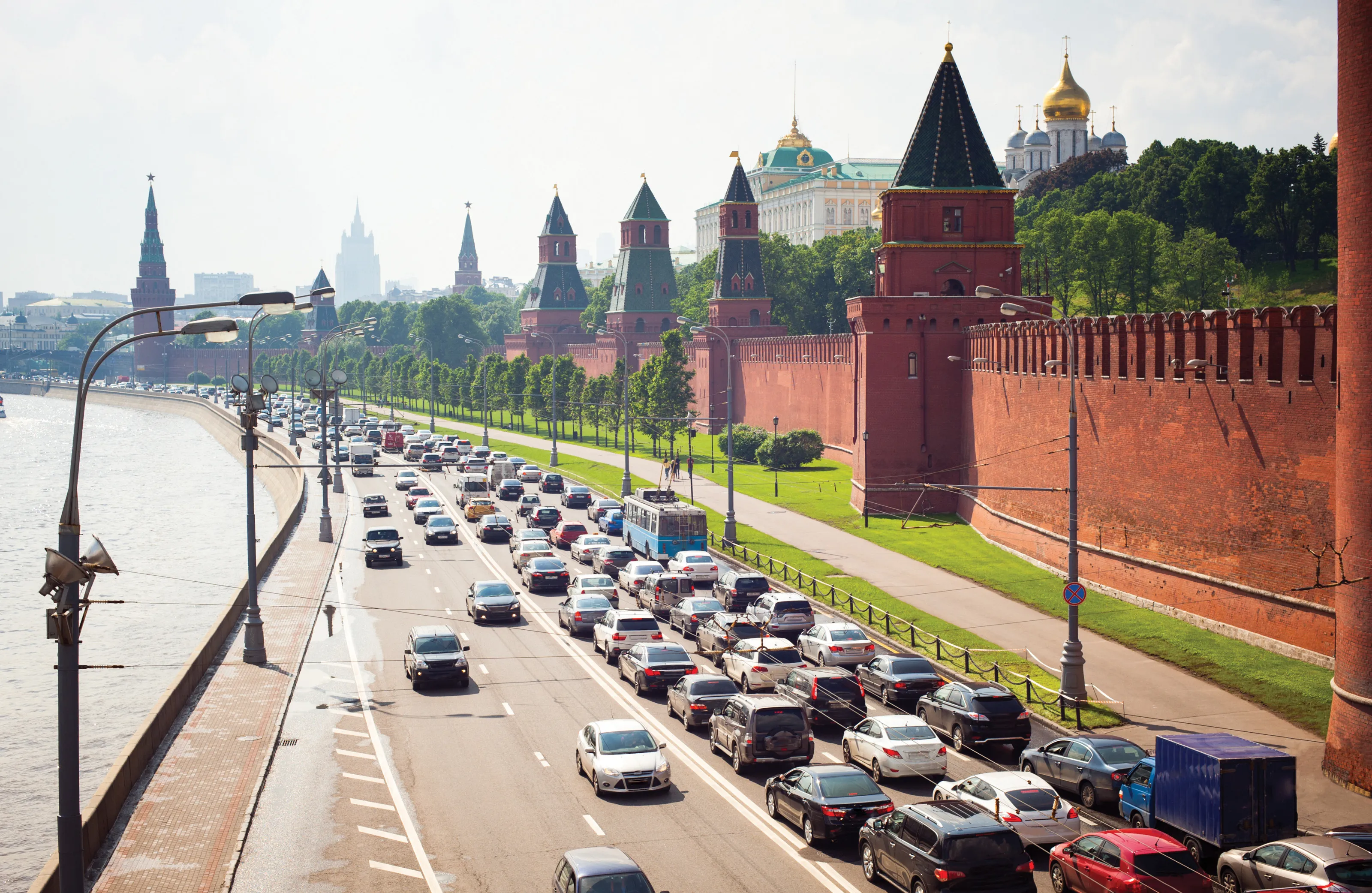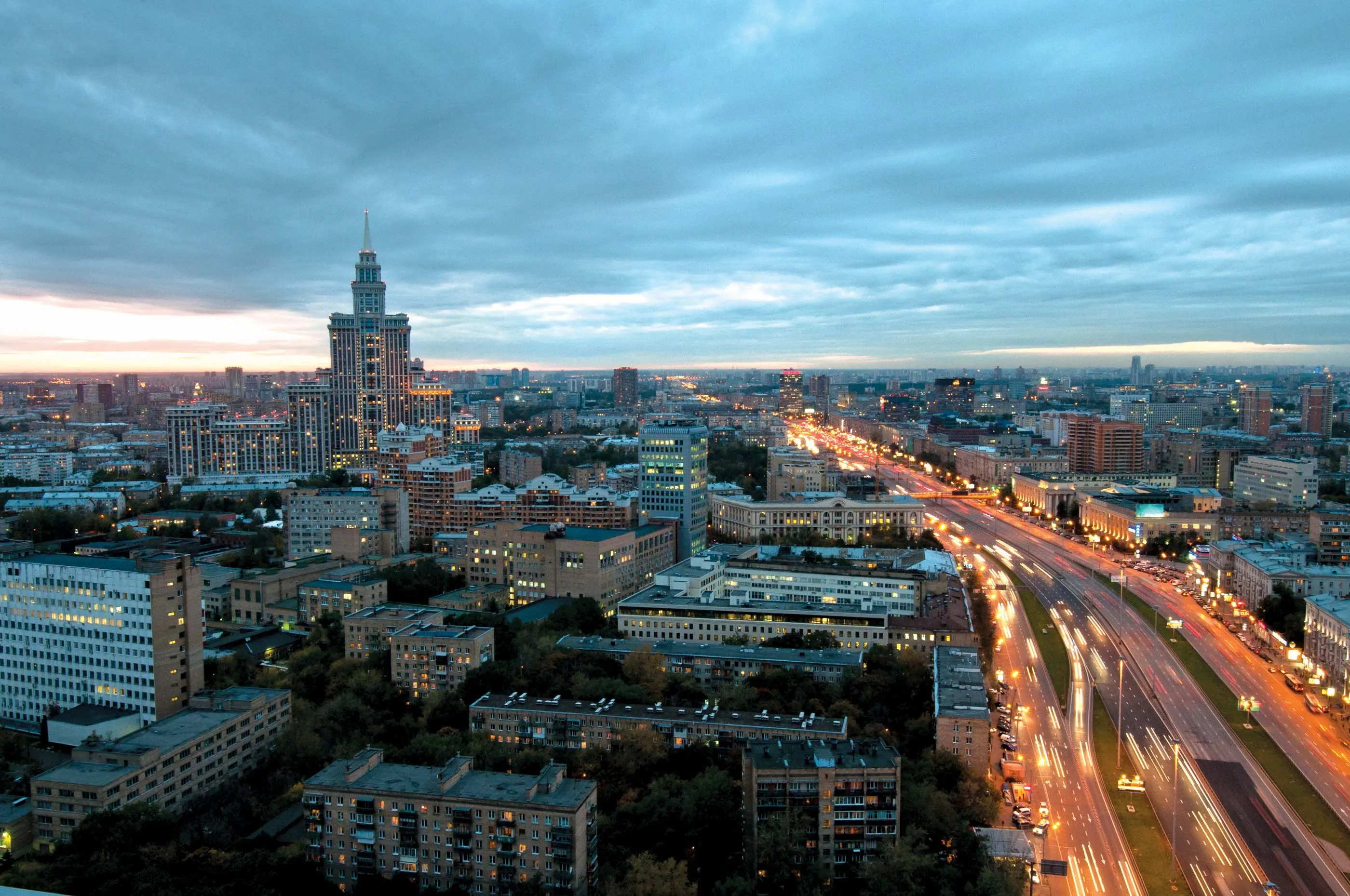A new section of Western High Speed Diameter (WHSD) highway from the Ring Road (KAD) to the Hyundai plant in Kamenka, has been opened to traffic in St Petersburg.
The WHSD and KAD interchange will be completed by 2012 when the entire third phase of the highway will be built.
The US$7.23 billion WHSD Tollway in the city is sponsored by the Federal Road Agency and it is said to be one of the most important means of solving the city’s transport problems. It is a strategic investment project to develop the ci
May 15, 2012
Read time: 2 mins
A new section of 3639 Western High Speed Diameter (WHSD) highway from the Ring Road (KAD) to the 236 Hyundai plant in Kamenka, has been opened to traffic in St Petersburg.
The WHSD and KAD interchange will be completed by 2012 when the entire third phase of the highway will be built.
The US$7.23 billion WHSD Tollway in the city is sponsored by the2612 Federal Road Agency and it is said to be one of the most important means of solving the city’s transport problems. It is a strategic investment project to develop the city as a major world transport hub.
Scheduled for completion in 2015, the WHSD will also allow, together with the Ring Road, closure of the first transport ring around St Petersburg.
About 55% of the 46.6km long, mostly eight-lane, urban motorway will be elevated with 15 interchanges at different levels, and bridge structures with 55m and 35m clearances over the ship fairway will be the first structures of their type in Russia.
Meanwhile, discussions have been held regarding a section of the Moscow-St Petersburg highway, which was to have been built through the Khimkinsky Forest, part of the Russian capital’s green belt.
A final decision over the route of the highway has yet to be made, although the project is expected to cost over E700 million in all to complete.
The WHSD and KAD interchange will be completed by 2012 when the entire third phase of the highway will be built.
The US$7.23 billion WHSD Tollway in the city is sponsored by the
Scheduled for completion in 2015, the WHSD will also allow, together with the Ring Road, closure of the first transport ring around St Petersburg.
About 55% of the 46.6km long, mostly eight-lane, urban motorway will be elevated with 15 interchanges at different levels, and bridge structures with 55m and 35m clearances over the ship fairway will be the first structures of their type in Russia.
Meanwhile, discussions have been held regarding a section of the Moscow-St Petersburg highway, which was to have been built through the Khimkinsky Forest, part of the Russian capital’s green belt.
A final decision over the route of the highway has yet to be made, although the project is expected to cost over E700 million in all to complete.









